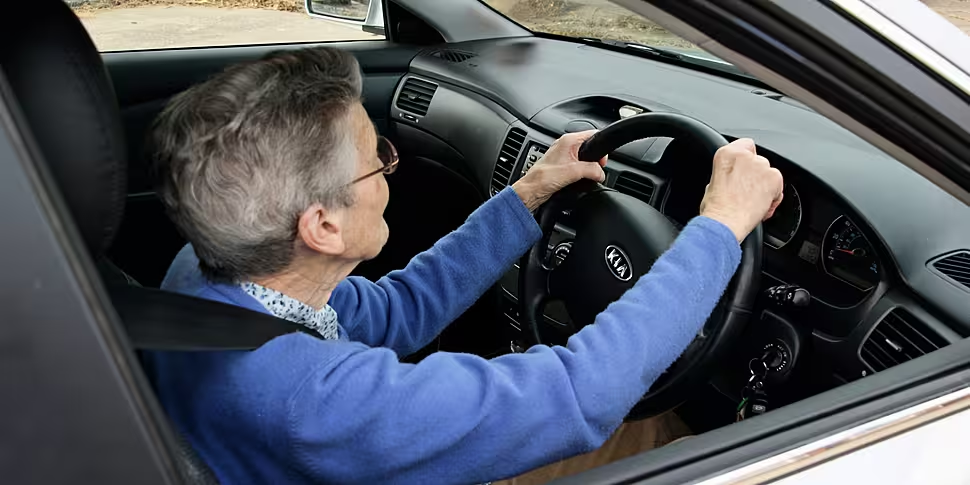A proposal to require people over 70 to take regular medical tests and driving courses to keep their licence is “ageist”, according to the CEO of Alone.
The European Commission proposal suggests drivers’ licence renewals may be require assessment based on a person’s age or health status.
It noted several EU countries already have a policy requiring medical certificates for drivers’ license to be renewed after a certain age, such as Denmark and Finland.
Ireland requires a medical test to renew a license, although the European Commission also suggests refresher courses every five years for elderly people.
Speaking at the Fine Gael special conference in Maynooth, Taoiseach Leo Varadkar said he didn’t know the specifics of the policy proposal, but he thought it “does not make sense”.
“I think it does make sense not to have strict cut-off ages, but actually assess people based on their cognitive ability and their physical ability,” he said.
“Frailty affects people much later in life than it used to, and I see loads of people in their 70s and early 80s who are as sharp mentally and physically as many people in their 40s and 50s are.”
Driving during old age
Alone CEO Sean Moynihan agreed with Mr Varadkar, adding your ability to drive shouldn’t be based on a person’s age.
“Any of us, if were challenged to say you can only do a thing based on your age, would be angry,” he said.
“Hopefully we’re moving away from doing things based on age.”
Today marks World Day of Remembrance for Road Traffic Victims.
It comes as Ireland has seen an increase in the number of road deaths and accidents.
Some 168 people have died on Irish roads so far this year, compared to 133 last year, while there has been 157 total collisions.
'Renewed focus on road safety'
Mr Varadkar said there will be a “renewed focus on road safety” from the Government.
“I know we can do it because we’ve done it before,” he said.
“It means focusing on enforcement and we’re going to step up in the next number of months.”
Speaking on Friday, President Michael D Higgins said it’s also important to remember the people who survive road accidents but suffer serious injuries.
“Far too many involved in road traffic incidents go on to sustain what are life changing serious injuries,” he said.
“It's so important that this year’s day or remembrance is also focusing on serious injuries.”
Those driving the car have had the highest frequency of death in road accidents, with 60 dying so far this year.
Pedestrians are second most likely to suffer fatal injuries in road crashes, with 40 dying so far this year.









